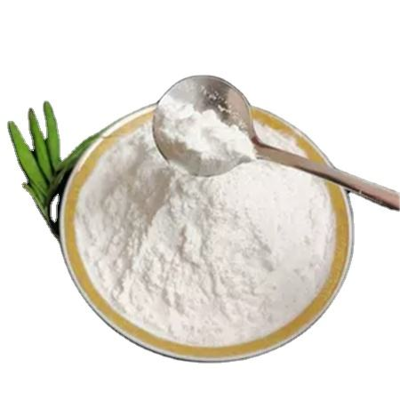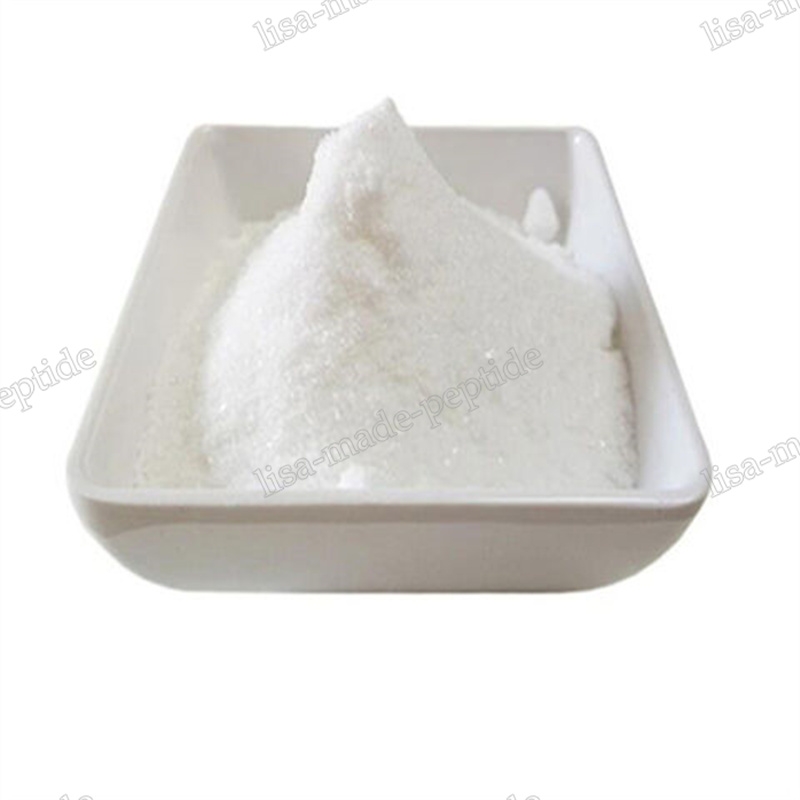-
Categories
-
Pharmaceutical Intermediates
-
Active Pharmaceutical Ingredients
-
Food Additives
- Industrial Coatings
- Agrochemicals
- Dyes and Pigments
- Surfactant
- Flavors and Fragrances
- Chemical Reagents
- Catalyst and Auxiliary
- Natural Products
- Inorganic Chemistry
-
Organic Chemistry
-
Biochemical Engineering
- Analytical Chemistry
-
Cosmetic Ingredient
- Water Treatment Chemical
-
Pharmaceutical Intermediates
Promotion
ECHEMI Mall
Wholesale
Weekly Price
Exhibition
News
-
Trade Service
[ Focus on Chemical Machinery Equipment Network ] With the development of the oil and gas industry, China's oil and gas pipeline construction has made great progress
.
At present, pipeline transportation has become the main method of oil and gas transportation
.
Chemical machinery and equipment network hotspots pay attention to chemical machinery and equipment
Sixty percent of China's existing oil and gas pipelines have been in operation for about 20 years, and some crude oil pipeline networks in the east have been in operation for more than 30 years
.
Due to pipeline corrosion and oil theft, many pipelines are seriously aging, and pipeline leakage often occurs, causing energy waste and environmental pollution
.
Traditional pipeline leak detection methods are usually based on pressure sensors to collect pressure signals in the pipeline, and use pressure changes to determine whether the pipeline is blocked or there is a leak
.
This pipeline detection method needs to transmit and display the pressure signal during application.
However, when the transmission distance of the pressure signal is long, the traditional pressure detection device is used to transmit the pressure signal.
Because the background noise is large, the pressure signal attenuation and other problems cannot meet the requirements.
Requirements for pressure signal acquisition and processing
.
Pressure Sensor
Therefore, in the oil production process, a stable and reliable pressure sensor is a powerful tool to ensure a continuous production process
.
Because if there is a measurement error, it may cause work stoppage, and the resulting economic loss will be huge
.
Therefore, this is the most basic demand for pressure sensors in the petroleum industry
.
sensor
The petroleum industry is a precision processing industry, which has high requirements for the measurement accuracy of pressure sensors
.
In the control system, the higher the accuracy of the pressure sensor measurement, the more precise the control
.
The accuracy value of the pressure sensor in the petroleum industry reaches 0.
075% before it can basically meet the requirements of use
.
The working principle of the oil pipeline pressure sensor is: the pressure of the medium directly acts on the diaphragm of the pressure sensor, causing the diaphragm to produce a micro displacement proportional to the pressure of the medium, changing the resistance of the sensor and detecting this change in the electronic circuit, and converting the output The standard signal corresponding to this pressure
.
The petrochemical industry's requirements for pressure sensors far exceed the above requirements, including "the type and range ratio of the pressure sensor bus"
.
Compared with adding a pressure sensor, increasing the measuring range is more flexible, which brings great convenience to the design and application process
.
The petroleum industry has high requirements for the performance of pressure sensors.
Today, most products still rely on imports
.
Obviously, this is a challenge to the domestic pressure sensor industry
.
Source: Gongcai.
com, Electronic Engineering World
Original title: Pressure sensor helps pipeline leak detection







